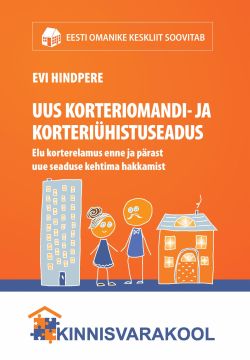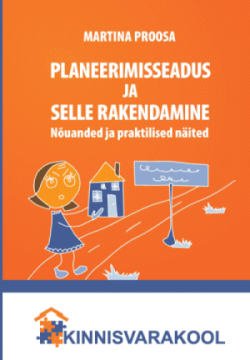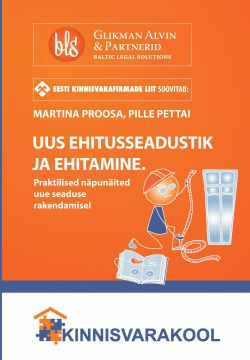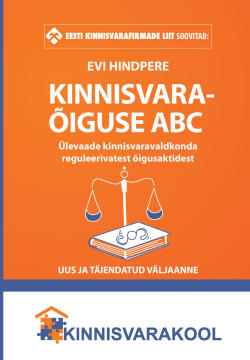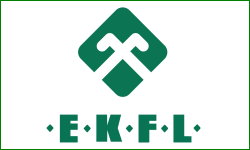 In the final quarter of 2019, all three Baltic capitals saw somewhat different trends. In Tallinn, housing affordability fell as the average price of apartments accelerated and net wage growth weakened due to the previous year’s tax reform. Housing affordability in Riga increased slightly as the average net wage growth was the same as the average price growth, and housing affordability was pulled up by the lower interest rate. Meanwhile, in Vilnius housing affordability rose rapidly, mainly due to the wage reform effect, which boosted average net wage growth.
In the final quarter of 2019, all three Baltic capitals saw somewhat different trends. In Tallinn, housing affordability fell as the average price of apartments accelerated and net wage growth weakened due to the previous year’s tax reform. Housing affordability in Riga increased slightly as the average net wage growth was the same as the average price growth, and housing affordability was pulled up by the lower interest rate. Meanwhile, in Vilnius housing affordability rose rapidly, mainly due to the wage reform effect, which boosted average net wage growth.
The last few years were marked by high confidence and increasing number of transactions, but no overheating – housing affordability remained relatively high or even continued increasing. In 2020, we are likely to see somewhat different trends as the coronavirus dents confidence and, possibly, income. Wage growth is likely to slow even more than we have previously expected, but, if fears dent demand for housing, prices will have to follow. We do not think that this will break the housing market in the Baltic countries, and there seem to be little signs of major changes in the first quarter of this year; however, a somewhat cooler year is expected.

The housing affordability index (HAI) value of 147.7 in Tallinn means that the net wages of a household in this city are 47.7% higher than required to afford an apartment. Meanwhile, in Riga, household net wages are 88.5% higher (33% for new-project and renovated apartments) — and, in Vilnius, 42.1% higher — than required to fulfil the norm.






